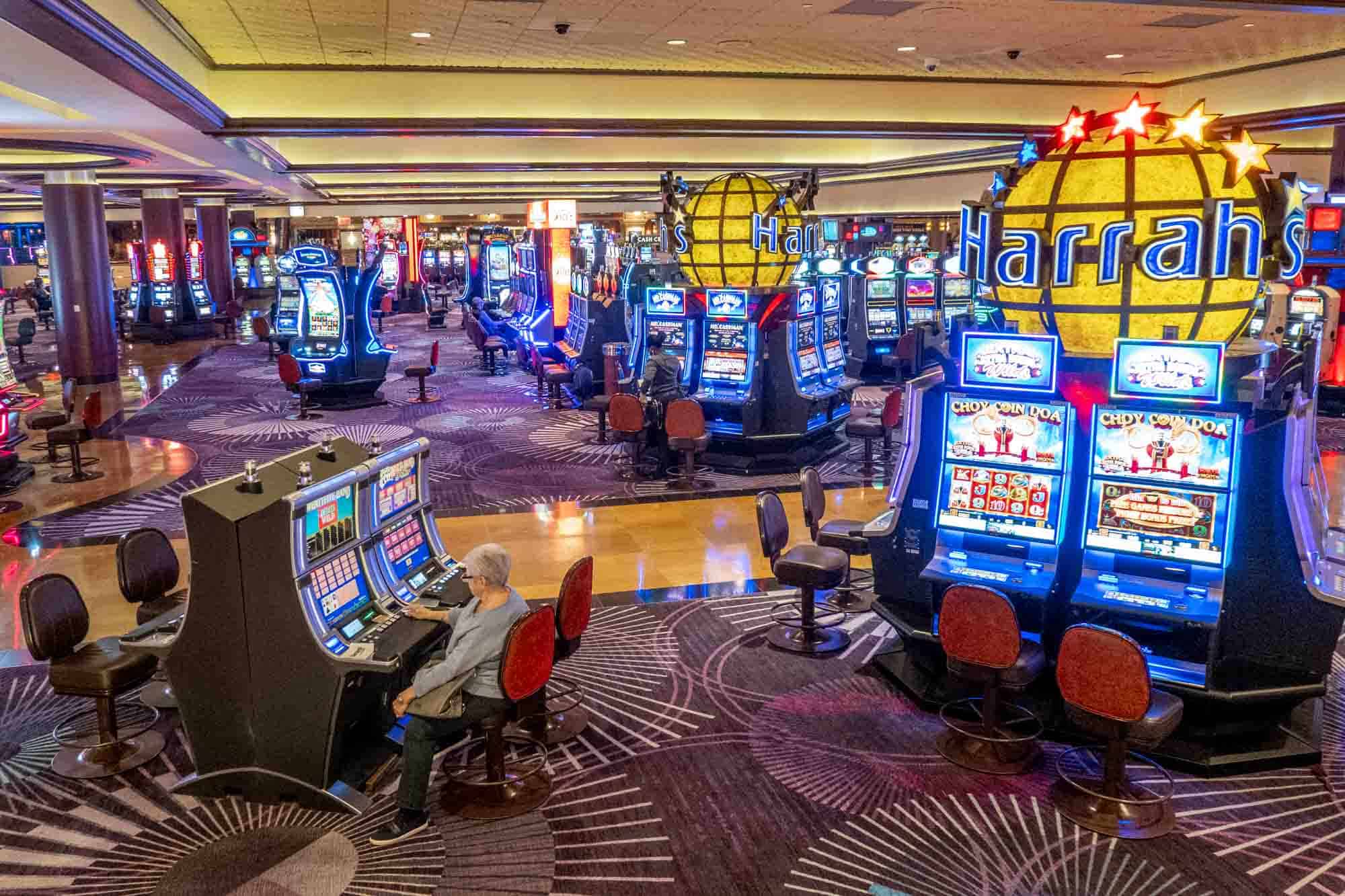
Casino entertainment have long been a captivating source of amusement, drawing numerous of players from varied cultures around the globe. From the opulent casinos of the Strip to the bustling gambling halls of the Cotai Strip, these games serve as a link that unites people across a variety of backgrounds. The allure of chance, skill, and uncertainty entices not only those looking to gamble for profit but also those in search of a feeling of belonging.
The significance of casino games extends well beyond the gaming floor. They often reflect the cultural standards and traditions of the cultures in which they prosper. Games such as poker, pontoon, and the spinning wheel have embedded themselves into the mosaic of cultural phenomena, influencing multiple fields from cinema to fashion. As we explore this captivating intersection of chance and society, we can comprehend better how gambling games shape and are shaped by the world around us.
Historical Development of Gambling Activities
The beginnings of gambling activities can be followed back to old cultures, where betting in various forms was widely practiced. In China, around 2300 BC, a variant of lottery known as Keno was common, while in ancient Rome, soldiers would regularly gamble on the consequences of their contests. The idea of using luck for entertainment and gain evolved over the centuries, leading to the creation of more structured games. By the final Middle Ages, betting houses initiated to appear in European nations, notably in Italy, which brought forth early forms of famous activities still practiced today.
As gambling increased fame in the continent, the 17th and 18th centuries saw the appearance of casinos as dedicated locations for gambling. The earliest official casino, the Ridotto, was established in the Venetian city in the year 1638, offering activities like the game of Baccarat and the game Faro. This era marked a crucial shifting point, as gaming venues began to attract not just the elite but also the burgeoning middle-income class. The refinement of activities evolved, leading to the introduction of new regulations and modifications that enriched the experience of players.
In the 19th century, the era of industrialization and changes in social standards further altered the terrain of gambling activities. The launch of roulette and modern one-armed bandits pulled in a larger crowd, and gambling establishments became seen as acceptable entertainment. This time witnessed the globalization of casino activities, as casinos extended from Europe to the Western Hemisphere, culminating in the establishment of the legendary Strip of Las Vegas in the 1900s. The progress of casino games has progressed into the present day, incorporating technology and online services, making them open to a global market.
## Cultural Importance within Diverse Communities
Casino activities have deep-rooted social significance within many cultures around the world. Places like Las Vegas, the very essence of the city is woven around gambling establishments, where gaming is not just a pastime but a central aspect of leisure and community interaction. The dazzling lights and lively atmosphere attract millions, showcasing how gambling activities can influence local economical structures and local cultures. This setting transforms the notion of leisure into an immersive experience that influences style, music, and even movies.
In contrast, some societies treat gambling with greater care, seeing it through the lens of morality and heritage. For example, in various Eastern communities, games like Mahjong and Pai Gow Poker are full of history and carry significant social implications. These games are often played during gatherings and celebrations, fostering community bonds and strengthening familial ties. The act of engaging in these games goes past mere amusement, reflecting ethics such as deference to seniors and the significance of communal fun.
Meanwhile, in continental countries such as Monte Carlo and Rome, gambling activities serve as symbols of wealth and refinement. The refined atmosphere of these locations attracts both visitors and residents, reinforcing a sense of status and rarity. The art of the game of poker and the strategic elements of games like banker’s game are appreciated, influencing social dynamics and creating an appeal that captivates a heterogeneous audience. This highlights how casino games can simultaneously mirror and mold cultural perspectives towards hazard, benefit, and relationship building.
Economic Impact and Travel Industry
Gambling activities play a crucial role in the economic landscape of many regions, particularly those that rely heavily on visitor traffic. The revenue generated from casino operations fuels local economies, creating employment opportunities not only within the casinos themselves but also in connected industries such as hospitality, restaurant services, and entertainment. This influx of tourists, drawn by the allure of games and the overall gaming environment, stimulates expenditure across multiple local enterprises, contributing to the economic health of the area.
The existence of casinos often leads to the development of infrastructure, including hotels, transportation systems, and recreational facilities. These improvements are essential in enhancing the overall tourist experience, making locations more appealing to visitors. Additionally, many casinos contribute in local communities through support of activities and philanthropic activities, further embedding themselves into the community structure of the locality. Such investment not only supports economic growth but also cultivates a positive reputation of the casino industry.
Moreover, the worldwide appeal of casino games drives tourism competition, with locations vying to attract players from across the globe. Iconic locations like Las Vegas and Macau have become identifiable with gambling culture, drawing millions annually. This advantage encourages creativity and diversification within the gambling sector, influencing developments in entertainment and hospitality that extend beyond their borders. casinos not on GamStop The consequences of this tourism extend far, impacting local economies and cultural interactions on a global scale.